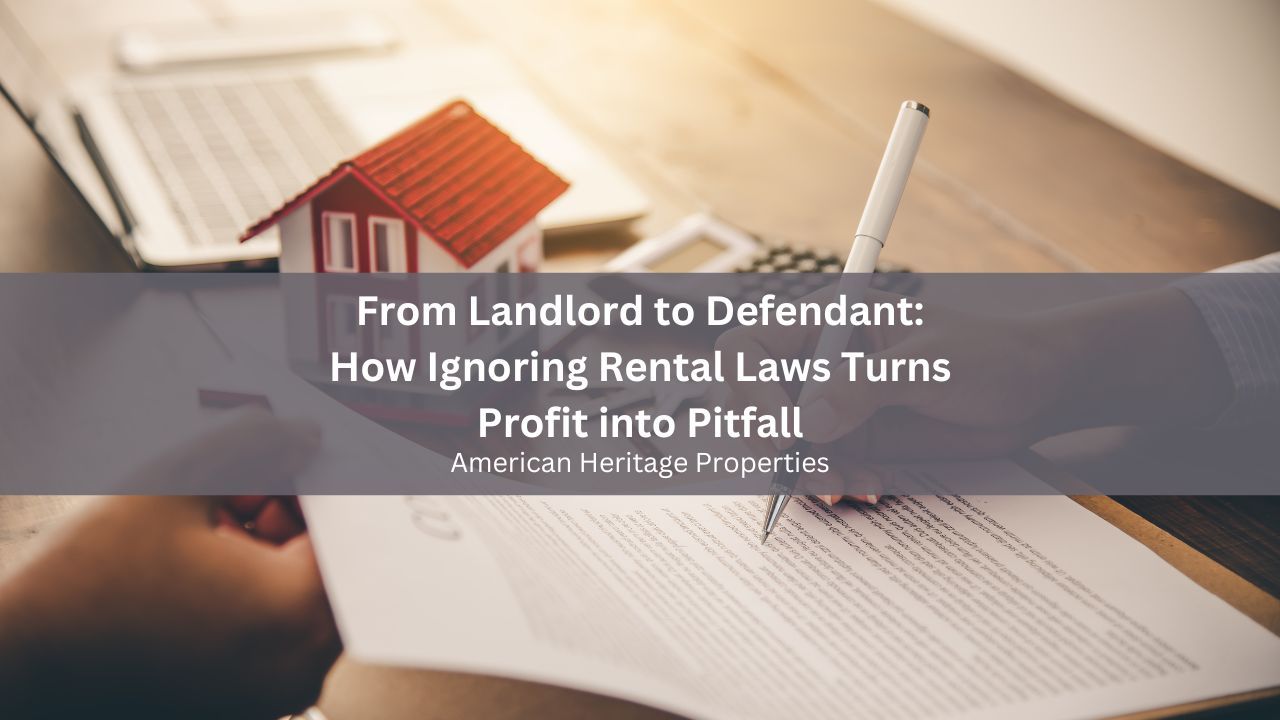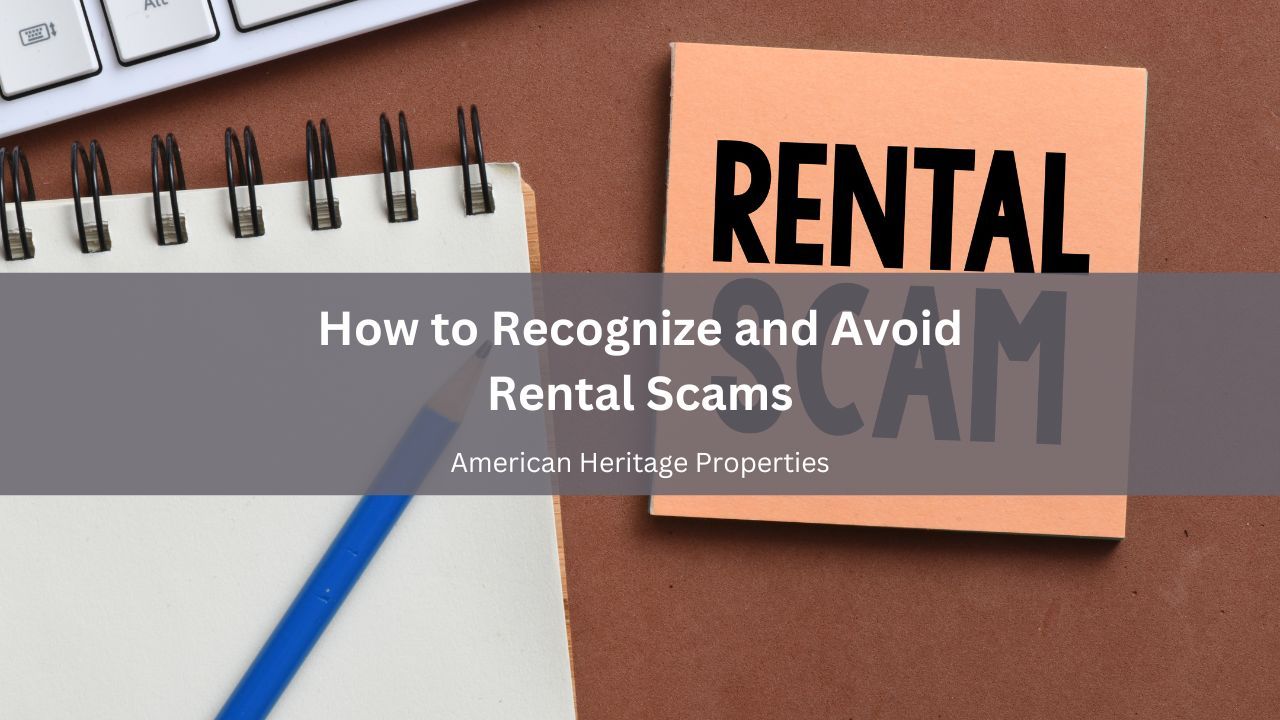By 1946674
•
June 25, 2025
You wouldn’t perform surgery without going to med school, right? Running rental properties in 2025 without staying on top of housing law is pretty much the same kind of gamble. The difference is that the scalpel here is your livelihood—and if you slip, it’s your name on the lawsuit, your wallet that bleeds, and your business that tanks. It’s easy to think rental laws are static background noise, but they’re more like a rolling thunder that can break wide open with a single legislative vote. And lately, the storm’s been gathering. Eviction Rules Aren’t What They Used to Be If you’re still operating on the assumption that you can remove a tenant with a simple 30-day notice, it’s time to update your playbook. Cities and states across the country have reworked their eviction rules with laser focus on tenant protections. In some places, you now need just cause to terminate a lease—even at the end of its term. Others require mediation before a single notice can be posted on a tenant’s door. These new rules can delay vacancies, interrupt cash flow, and expose you to fines if you don’t play by the letter. Missing one line on a notice? That’s grounds for dismissal of your case. Multiply that by multiple units and you start to understand the stakes. Zoning Adjustments Are Changing the Game It’s not just what you do with your property—it’s whether you’re even allowed to do it. Zoning laws are morphing faster than many landlords realize. Single-family homes are being rezoned for multi-units. Short-term rental restrictions are clamping down in urban areas. Some cities are even pushing mandatory mixed-income developments. These shifts aren’t theoretical; they can instantly turn a profitable investment into a paperweight. You need to know when your area is holding planning meetings and who’s drawing up those maps. Otherwise, you’ll be stuck with a building the law doesn’t know what to do with anymore. Keeping Legal Documents Streamlined Amid Shifting Laws When laws change, your paperwork needs to change with it—and fast. Landlords and property managers who stay organized in this evolving landscape usually rely on systems that treat documents as living files rather than static archives. Instead of rebuilding lease agreements or legal notices from the ground up, smart operators use tools that let them add pages to existing PDFs, making updates seamless and traceable ( check this out ). This kind of flexibility turns a potential compliance headache into a manageable, routine update. Safety Compliance Isn’t a Checkbox Gone are the days when a fire extinguisher and a smoke detector meant you were covered. Safety regulations now include detailed accessibility guidelines, upgraded HVAC mandates, seismic retrofitting, and environmentally safe materials in some states. And these aren’t just best practices—they’re enforceable standards. Slip up, and you’ll find yourself neck-deep in penalties, inspection failures, or worse: a lawsuit from a tenant who slipped on a non-compliant stairwell. Every new legislative session brings tweaks to these codes , and your profitability hinges on more than collecting rent—it’s staying ahead of these ever-tightening rules. Federal Shifts Influence Local Reality Federal housing laws may seem like background noise until you realize they often serve as templates for state and local ordinances. The Fair Housing Act, for instance, continues to expand its definitions of discrimination, and enforcement actions are on the rise. Meanwhile, HUD funding decisions trickle down to influence rent caps , Section 8 program rules, and local landlord registries. If you’re not tracking these federal-level movements, you’ll find yourself reacting to laws that were in the pipeline months ago. And in this business, reacting is just a polite way of saying “scrambling.” Tenant Rights Keep Expanding It’s not just eviction protection that’s evolving—tenant rights in general are in full bloom. From privacy rules to regulations about how often and under what conditions you can enter a unit, the legal landscape is moving toward empowering renters. There are new rules about appliance repairs, mold remediation, and even limits on security deposit deductions. If you’re not up to date, you risk violating these rights without even realizing it. And in today’s digital age, all it takes is one savvy tenant with a smartphone to turn your ignorance into a viral TikTok—and a public relations disaster. Your Liability Is on the Line Let’s talk risk. Every law you don’t know is a lawsuit you didn’t see coming. Tenants have more access than ever to legal aid, tenants' unions, and social media support. Meanwhile, insurance policies increasingly exclude coverage for noncompliance with known regulations. That means one overlooked rule could leave you holding the bag —not your insurer. Protecting your investment today isn’t just about asset management. It’s legal hygiene. And the cost of getting it wrong isn’t just legal fees. It’s lost tenants, damaged reputations, and the kind of stress no one gets into this business for. Reputable Property Managers Are Your Legal Lifeline If this all sounds like a full-time job, that’s because it is. That’s where professional property managers earn their keep. Take American Heritage Properties , for example—a group that’s been managing rental properties in San Diego since 1981. These folks don’t just collect rent and coordinate plumbing repairs. They’re constantly monitoring legal developments and implementing compliant practices before the ink even dries on new legislation. Working with someone like that means you’re not just outsourcing tasks; you’re insulating your business from legal whiplash. And that kind of insurance? It’s priceless. Knowledge Is Profit in Disguise Staying informed about housing laws isn’t just a chore to check off your list—it’s a strategic advantage. When you know what’s coming down the legal pipeline, you can budget for repairs, adjust lease terms, plan tenant communications, and avoid costly missteps. You also get the peace of mind that comes from knowing your investment isn’t sitting on a ticking time bomb. Being proactive here doesn’t just protect your wallet—it protects your sanity. Running rental property in 2025 isn’t about doing what you did in 2015. The rules have changed. The risks have grown. And the smartest investors aren’t the ones who know the best paint color for a kitchen—they’re the ones who know what law passed last month in their city council. If you’re in the game for the long haul, treat legal literacy like part of your business model. Because when it comes to real estate, what you don’t know can—and will—hurt you. Discover unparalleled property management services with American Heritage Properties , where our dedicated team ensures your San Diego investment thrives with quality tenants and exceptional care.









